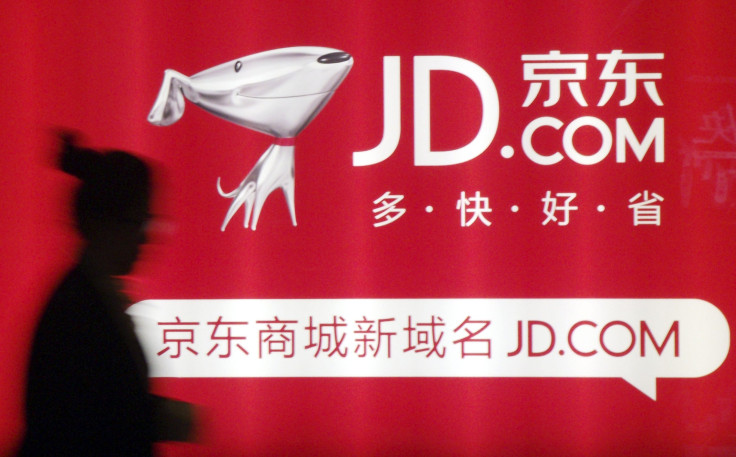Chinese E-Commerce Giant JD.com Gears Up For $1.7 Billion Initial Public Offering

JD.com, one of Alibaba's major competitors in the Chinese online retail space, is gearing up to raise as much as $1.7 billion from an initial public offering in the U.S. when it lists on Wednesday night.
By managing inventory closely and selling directly to consumers, the company operates on a business model that's similar to the one used by Amazon.com. Although it hasn't yet turned an annual profit, it's asking for a valuation of about two times its annual sales, which is on par with Amazon’s sales, Bloomberg reported on Wednesday.
“With JD.com, you’re going to have to take a leap of faith that revenue will grow over time and they’ll grow like Amazon,” said Jeff Papp, a senior analyst at Oberweis Asset Management Inc., a fund that oversees $1 billion in assets, based in Lisle, Illinois. “How many companies have tried to develop an e-commerce site and get massive scale? There’s only one company that’s gotten a free ride on valuation for doing this, and that’s Amazon.”
Papp said he has not decided whether to purchase shares of the Chinese e-commerce company, according to Bloomberg.
JD.com plans to sell 93.7 million shares for $16 to $18 per share, according to the company’s IPO prospectus. At the upper limit, the IPO would yield a market value of $24.6 billion, 2.2 times its $11.5 billion annual sales. Amazon trades at 1.9 times its last-year sales.
However, unlike Alibaba, which has proved it can generate healthy profits with a 44 percent net profit margin in the nine months through December 2013, JD.com remains unprofitable on a yearly basis, its 24-fold increase in sales since 2009 notwithstanding.
Despite similarities, there is a significant difference between Alibaba and JD.com's business models: Unlike Alibaba, JD.com handles much of its own logistics, including operating 86 warehouses, 1,620 delivery stations and 214 pickup stations across China, and 90 percent of the company’s expenses can be attributed to cost of revenue, according to Bloomberg.
Alibaba, on the other hand, outsources logistics to third-party vendors; most of its expenses are derived from managing its portfolio of websites, and most of the company’s revenue comes from commissions and advertising by companies that sell on Alibaba’s platforms. However, the business model itself is not what could block JD.com’s path to profitability.
“We’ve seen both models work well,” Praveen Menon, an analyst at Bloomberg Industries, said. “It depends on what the consumer finds more useful -- better logistics infrastructure in JD.com or choice online with Alibaba.”
© Copyright IBTimes 2024. All rights reserved.





















